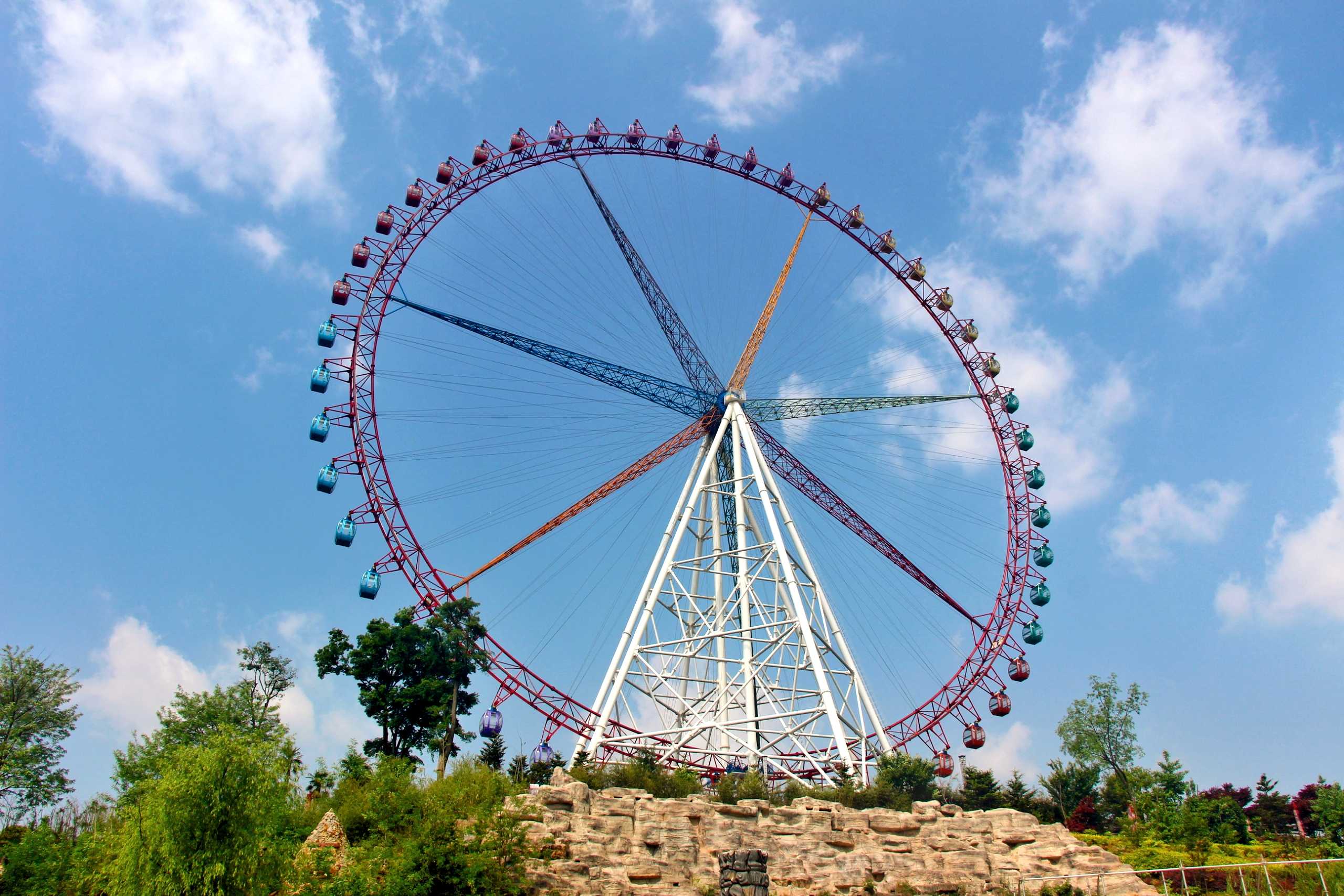- Albanian
- Arabic
- Belarusian
- Bengali
- Czech
- English
- French
- German
- Hebrew
- Hungarian
- Indonesian
- irish
- Italian
- Japanese
- kazakh
- Persian
- Russian
- Thai
- Uzbek
- Vietnamese
roller coaster track design
The Art and Science of Roller Coaster Track Design
Roller coasters have long captivated thrill-seekers, blending artistry and engineering into exhilarating experiences. The design of roller coaster tracks requires a deep understanding of physics, engineering principles, and the psychology of fear and excitement. Each element, from the initial ascent to the breathtaking drops and loop-de-loops, plays a pivotal role in crafting an unforgettable ride.
The Art and Science of Roller Coaster Track Design
Safety is paramount in roller coaster design. Engineers use advanced simulation software to model how the structure will perform under different conditions. Stress tests are performed on materials to ensure they can withstand the immense forces generated during operation. Additionally, track designs often include multiple safety features, such as redundancy in restraints and emergency braking systems, to protect riders at all costs.
roller coaster track design

Aesthetic appeal is another crucial factor in roller coaster design. The visual impact of a coaster can significantly influence a park’s atmosphere. Designers often consider how the ride interacts with its environment, incorporating themes and colors that enhance the overall experience. Iconic coasters like the Steel Vengeance or Fury 325 are not only engineering marvels but also breathtaking pieces of art that stand as landmarks in amusement parks.
Rider psychology also plays a vital role in the design process. Understanding what elements evoke thrill and fear allows designers to craft experiences that generate the desired emotional responses. Elements such as sudden drops, sharp turns, and unexpected inversions are strategically placed to keep riders on the edge of their seats, both literally and figuratively.
In conclusion, roller coaster track design is a fascinating intersection of art, science, and entertainment. It requires meticulous planning and creativity to produce rides that are not only safe but also exhilarating. As technology advances, the potential for innovative designs will only continue to grow, promising even more thrilling experiences for future generations of thrill-seekers.
-
Flume Ride: Thrilling Water-Based Adventure | Hebei Zhipao Amusement Equipment Manufacturing Co., Ltd.Aug.01,2025
-
Flume Ride-Hebei Zhipao Amusement Equipment Manufacturing Co., Ltd.|Thrilling Water Attraction&NIST Safety StandardsAug.01,2025
-
Double Ferris Wheel Sale | Premium Custom RidesJul.31,2025
-
Flume Ride-Hebei Zhipao|Water-Based Attraction, Safety Standards, High-Speed DescentJul.31,2025
-
Flume Ride: Thrilling Water-Based Adventure & Advanced Engineering - Hebei ZhipaoJul.31,2025
-
Flume Ride-Hebei Zhipao Amusement Equipment Manufacturing Co., Ltd.|Thrilling Water Attraction&Customizable DesignJul.30,2025
